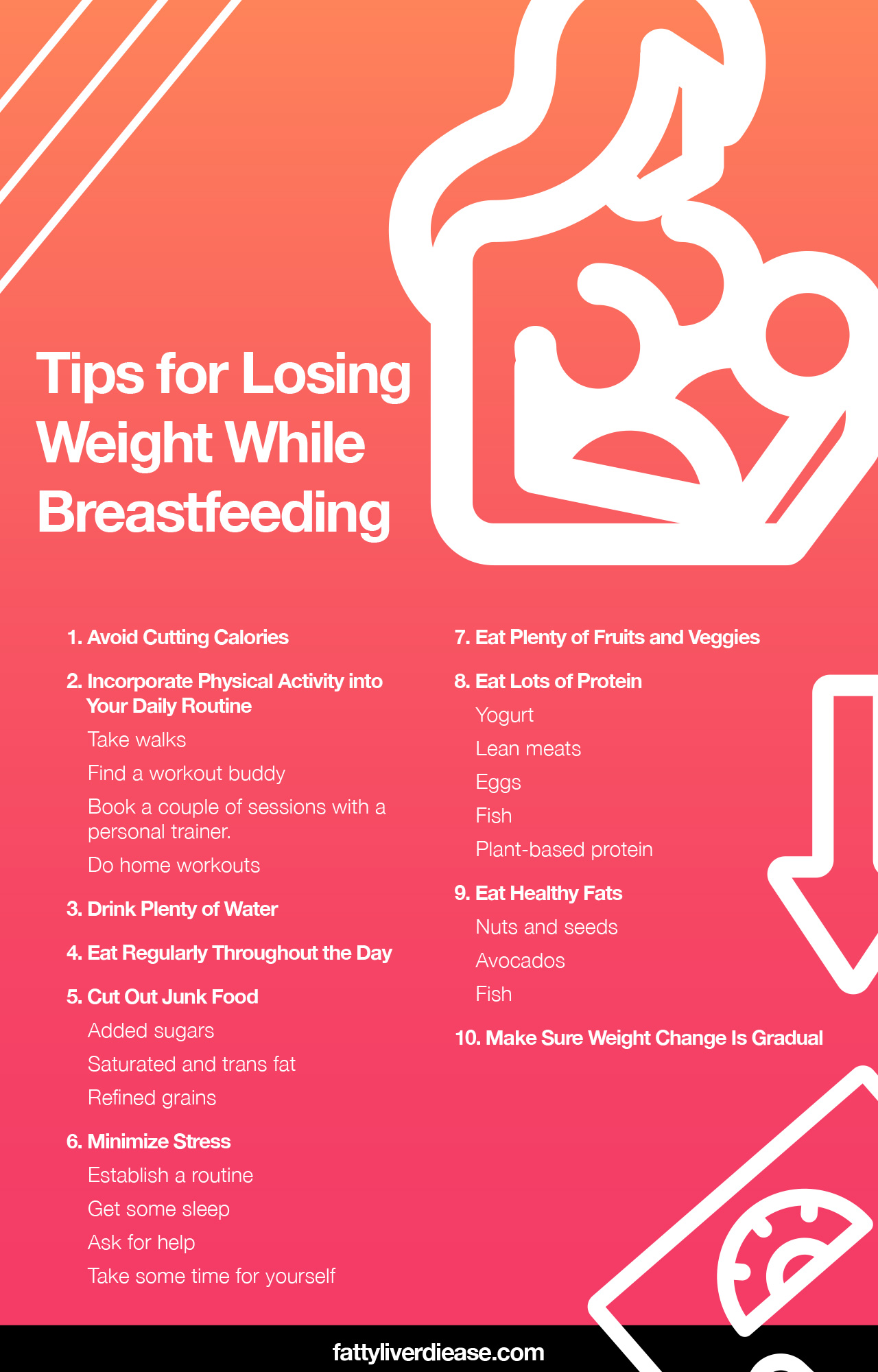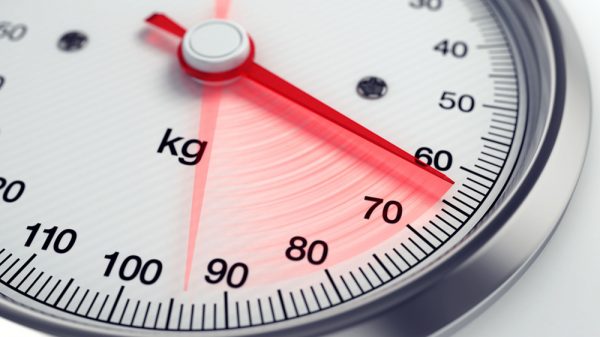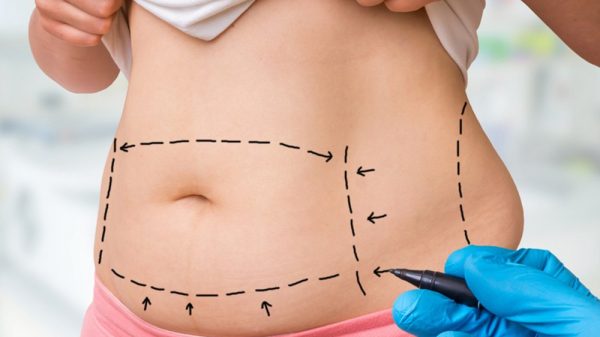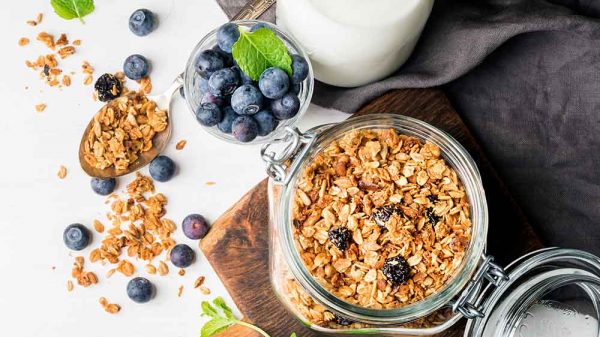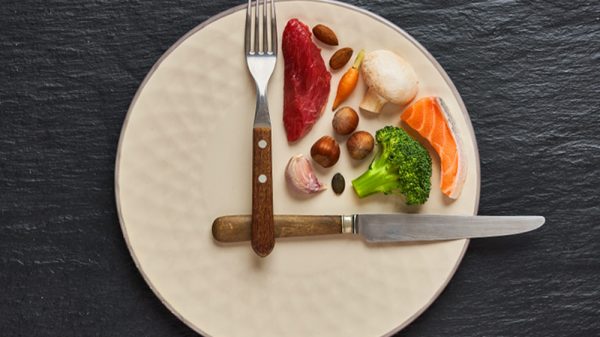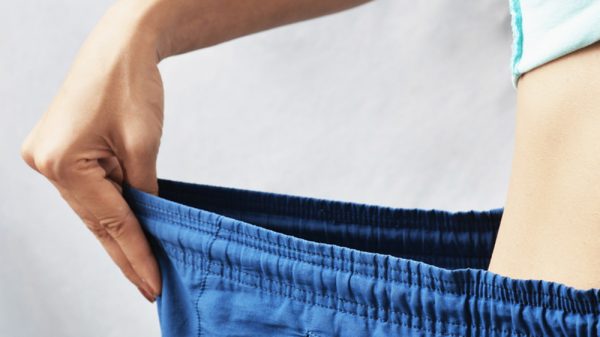If you’re trying to lose weight after having a baby, you’re not alone. Many new moms are looking for effective and safe ways to lose baby weight and return to their pre-pregnancy weight, and losing weight while breastfeeding is one option that many new moms consider. But how does this work, and how can you make sure that you’re pursuing weight loss in a healthy way?
If you’re looking for information on breastfeeding and weight loss, including tips and meal ideas, you’ve come to the right place. Read on to find out how to lose weight while breastfeeding in a way that’s safe for both you and your baby.
Weight Loss While Breastfeeding: Give Yourself Time
Before we dive into how to lose weight while breastfeeding, it’s essential to realize that right after having a baby, your body needs some time to recover. Instead of immediately focusing on how to get your pre-baby body back, allow yourself some time first to recuperate. You just grew a baby and gave birth, and carrying a little extra weight for a few months is healthy and normal. Allow your body to heal and rest first, without making a conscious effort to lose weight.
How Many Calories Does Breastfeeding Burn?
The body requires a significant amount of energy simply to produce and maintain your milk supply. So, exactly how many calories do you burn breastfeeding? Depending on the woman, producing breast milk can burn nearly 500 calories, and in some cases, even more.
If you want to pursue weight loss, breastfeeding can be a healthy part of the process.
Tips for Losing Weight While Breastfeeding
If you breastfeed your baby and you are also trying to lose weight, there are certain things you should keep in mind.
1. Avoid Cutting Calories
This is one of the most important things to remember when you’re striving to lose weight while breastfeeding. The most important thing at this moment is ensuring that your body is healthy and nourished so that you can feed your baby. Though the exact number of calories varies depending on your specific needs, aim to consume around 1,800 calories per day.
When striving to lose weight while breastfeeding, avoid creating any dramatic calorie deficits since your body actually requires extra calories right now. Though significant calorie deficits may result in weight loss, they are ultimately very unhealthy. Significant weight loss in a short period of time causes fatigue and malnourishment, which could impact your milk supply. Rapid weight loss also results in muscle loss as well as fat loss, which is detrimental to body composition and metabolism.
2. Incorporate Physical Activity into Your Daily Routine
Restricting your calorie intake is not the healthiest strategy for creating a calorie deficit, but incorporating more physical activity into your daily routine is a great way to help your body burn more calories. Getting to the gym while taking care of a newborn can seem impossible. So, here are a few ideas for what you can do to ensure that you are active on a daily basis.
- Take walks. Walking is an underrated activity that can help you burn calories and build up your strength without putting too much stress on your body. You can take a walk around the neighborhood. While you push your baby in a stroller, you can walk or run.
- Find a workout buddy. As a new mom, life can be so hectic that it can be challenging to find the time to squeeze in physical activity. Try working out with another new mom and set designated times once a week that you both go for a walk together with your babies. You can help keep each other accountable. Alternatively, arrange for your partner or a trusted caregiver to look after your baby, while you get in a workout.
- Book a couple of sessions with a personal trainer. Try setting up a couple of sessions with a personal trainer who specializes in postpartum weight loss and exercise while breastfeeding.
- Do home workouts. Doing a 15-minute home workout may be all you have time for. Getting your heart rate up for 15 minutes and breaking a sweat is all you need to burn some extra calories.
3. Drink Plenty of Water
Drinking plenty of water is particularly important when you are recovering from giving birth and breastfeeding. The body requires even more fluids to keep your breast milk supply up. To make it easier to remember to bring plenty of water, carry around a water bottle to serve as a constant reminder to drink plenty of fluids.
4. Eat Regularly Throughout the Day
When your body is producing milk, you are using lots of energy. Plus, your levels of the hormone prolactin are higher to make sure you continue producing milk. The combination of higher prolactin and energy output through milk production will likely cause you to get tired more easily and hungrier throughout the day. You can fight hunger pangs and energy dips by eating smaller amounts frequently. Make sure that you have plenty of healthy snacks on hand to keep your energy levels up.
5. Cut Out Junk Food
Eating lots of junk food can get in the way of all weight loss goals. Junk food tends to be filled with harmful ingredients like added sugar, unhealthy fats, refined grains, and preservatives. All of these foods – though delicious – simply give you empty calories that are devoid of nutrients. Overeating junk food increases the risk of gaining weight after pregnancy. Here’s a quick guide to the foods to avoid during breastfeeding.
- Added sugars: Added sugars are present in large amounts in foods like candy, baked goods, and breakfast cereals. Added sugar is also often hiding in foods like bread, salad dressings, and other condiments. Eating too much added sugar can lead to fluctuating blood sugar and energy levels, which isn’t fun, especially when breastfeeding and caring for a newborn.
- Saturated and trans fat: Saturated fat is an unhealthy fat that is found primarily in animal products like full-fat dairy, steak, and pork. Eating too much saturated fat and trans fat on a regular basis is associated with high cholesterol and heart disease in the long term, and in the short term, it can increase the levels of oxidative stress and inflammation in the body.
- Refined grains: Refined grains have been processed to remove the nutritious part of the grain, leaving only the simple starch behind. Refined starches are handled by the body in a similar way to added sugars, and lead to fluctuating blood sugar levels. Steer clear of foods like white bread, white pasta, and baked goods to help keep your energy levels stable.
6. Minimize Stress
Moms everywhere would all agree: being a mom with an infant is stress. It’s common for breastfeeding moms and those with multiple young children to feel overwhelmed and stressed.
- Establish a routine. Creating a routine is a helpful strategy for minimizing stress, even if you can’t always follow the routine perfectly.
- Get some sleep. So many new moms are running too low on sleep. Lack of sleep can be very harmful to the metabolism and increase cortisol levels in the blood. Having high levels of stress hormones can cause your body to hang onto excess fat, making it more challenging to lose excess weight. Sleep is one of the primary ways that you can help your body cope with stressors. However, getting a sufficient amount of sleep is particularly tricky when you’re caring for a newborn who usually doesn’t sleep through the night and needs to be regularly fed.
- Ask for help. There is absolutely no shame in asking for help when you’re taking care of a newborn. Asking for and accepting help when you need it is an important part of taking care of a baby. Taking care of a baby is not meant to be done alone, so try reaching out to a trusted loved one to ask for love and support.
- Take some time for yourself. Feeling like they have no time to take care of their own needs is one of the struggles that all new moms face. You may even feel like it’s selfish to take just a few minutes to shower. However, it’s important to realize that taking a little bit of time for yourself rejuvenates your physical and emotional energy reserves while also reducing stress levels.
7. Eat Plenty of Fruits and Veggies
Eating lots of fruits and veggies is part of a healthy diet for breastfeeding mothers. Fresh produce is crucial for supporting milk production and energy levels, while also facilitating weight loss.
Fruits and vegetables are nutrient-dense and offer an abundance of vitamins, minerals, and antioxidants like vitamin C, polyphenols, and carotenoids. All of these micronutrients support all cellular processes by helping lower oxidative stress and inflammation throughout the body. When your body has lower levels of inflammation, more energy can be channeled towards milk production and recovery after birth.
Fresh produce is also packed with fiber. Both insoluble and soluble fiber help support a healthy gut microbiome. Eating lots of fiber during your meals also helps you feel fuller quicker, which helps you avoid overeating. Veggies and/or fruit should be incorporated into every meal and snack, if possible.
8. Eat Lots of Protein
We all require protein on a daily basis to help power all of the body’s activities. However, just as the demand for protein is higher during pregnancy, it’s also higher during breastfeeding. Making sure you get plenty of lean protein on a daily basis. Here are a few examples of excellent protein sources, whether you are omnivorous or follow a plant-based diet.
- Yogurt: Yogurt is an excellent protein source because it contains optimal ratios of essential amino acids. When purchasing yogurt, simply make sure that the yogurt you buy is low in sugar and saturated fat.
- Lean meats: Lean meats like chicken breast excellent options for getting the protein you need when breastfeeding.
- Eggs: Eggs provide a balance of essential amino acids, while also providing vitamin D. The best way to eat eggs is to consume two egg whites per egg yolk. The white of the egg is the protein-rich part, while the yolk contains more fat.
- Fish: Though restrictions on fish aren’t as stringent as during pregnancy, you still want to be careful with which fish you eat, since the foods you consume ultimately become food for your baby. During breastfeeding, you will likely need to limit the amount and the types of fish you can eat. However, occasional consumption of certain kinds of fish can offer optimal ratios of essential amino acids as well as omega-3 fatty acids. Always check with your doctor and nutritionist regarding the guidelines for fish consumption during both pregnancy and breastfeeding.
- Plant-based protein: If you follow a vegan diet, it’s crucial to eat a variety of vegetable proteins to ensure that you’re getting ideal ratios of essential amino acids. Nuts, seeds, whole grains, and tofu are good sources of protein to eat while breastfeeding on a plant-based diet.
9. Eat Healthy Fats
While trans fats and saturated fats are unhealthy, not all fats are the enemy. In fact, there are many sources of healthy fat that you should incorporate into your balanced diet during breastfeeding.
- Nuts and seeds: Nuts and seeds are packed with healthy fats like monounsaturated and/or polyunsaturated fats, as well as fiber and minerals. Try incorporating walnuts, almonds, flaxseeds, and chia seeds into your diet.
- Avocados: Although avocados are technically fruit, they are filled with healthy fats as well as vitamins and fat.
- Fish: Certain fish, such as salmon, can be enjoyed periodically while breastfeeding (about two times per week). Salmon contains omega-3 fatty acids called eicosapentaenoic acid (EPA) and docosahexaenoic acid (DHA). These healthy fats support healthy brain growth and development.
10. Make Sure Weight Change Is Gradual
It can be tempting to try to hit weight loss goals in a short period of time. However, weight loss while breastfeeding should be gradual. Avoid crash diets and cleanses that deprive you of the energy you need to produce breast milk. Dramatic dieting also causes muscle loss that can result in weakness and fatigue, and in some cases can jeopardize your milk supply
Healthy Meal Examples While Breastfeeding
So, what kind of foods should you eat to both support breastfeeding and achieve weight loss? Here are a few examples of healthy meals and snacks that are also convenient, and can be incorporated into your meal plan while breastfeeding.
Veggie-Packed Burrito
Try creating a burrito with sauteed veggies and tofu that can be eaten for breakfast, lunch, or dinner. Not only are burritos easy to eat while multitasking, but they are also easy to make ahead of time and store in the fridge or freezer. Prepare the filling by cooking tofu, bell peppers, onions, kale, and any veggies of your choice in a pan. Season with your favorite burrito seasoning. Line a whole-grain tortilla with lettuce, and spoon in your filling. Wrap the burrito in foil. When ready to eat, serve with salsa and guacamole.
Overnight Oats
This breakfast staple can be easily stored in the fridge and eaten for any meal, or even for snack! Simply throw oats, ground flaxseeds, fresh blueberries, and chopped dates into a mason jar. Top off with soymilk and place in the fridge to soak overnight. The following morning, enjoy your oats topped with fresh bananas, strawberries, or any of your favorite fruits. Make several jars of overnight oats at one time, for convenience.
Chopped Salad
Create a chopped salad by combining your favorite veggies in a large bowl. In addition to veggies, add chickpeas and brown rice to your salad for protein and extra fiber and nutrients. Top with your favorite olive oil-based dressing. Store the salad and the dressing separately to allow the salad to keep longer.
Smoothies
When you’re strapped for time as new moms often are, smoothies are easy and fast ways to satisfy your hunger. Try combining frozen bananas, blueberries, strawberries, and Greek yogurt in a blender with almond milk or soy milk. For extra nutrients, throw in a tablespoon of ground chia seeds or flaxseed and a handful of spinach.
Things to Keep in Mind
When you are breastfeeding and you’re aiming to lose weight, it’s a good idea to talk to your doctor, a nutritionist, a registered dietitian, and/or a lactation consultant about the best strategies to help support your weight loss. Each woman has different needs based on her specific body type and biochemistry. It’s always best to make sure that your plan is tailored to what is best for your health and that of your new baby.
How to Lose Weight While Breastfeeding: Conclusion
Although breastfeeding does burn calories, this doesn’t’ mean that losing baby weight is a piece of cake. After giving birth, your body will be working hard to recover while also producing milk for your baby. Plus, prolactin levels may make you feel hungrier than usual. Because your body has so much to do, it requires even more energy and nutrients than usual to carry out all processes successfully. As a result, it’s important that you consume a healthy, balanced diet without drastic calorie restrictions. Incorporating physical activity and relaxation strategies helps encourage weight loss during breastfeeding. Ultimately, postpartum weight loss should be accomplished gradually by healthy eating and following a balanced, healthy lifestyle.
